Experts say that charging entrance fees to Dong Van Karst Plateau Geopark (DGP) is unquestionable and too late.
Responding to VnExpress , Mr. Guy Martini, Chairman of the UNESCO Global Geopark Council, said that in 2018 and 2022, UNESCO experts made recommendations for the management and development of Dong Van Stone Plateau (CVDC). These recommendations prompted Ha Giang to consider charging a tourist fee to enter the Geopark, which is "completely reasonable".
Mr. Martini said that tourist fees already exist in many places around the world, ranging from $1 to $5. Especially in protected areas where visitors are restricted, charging tourist fees is necessary.
"Charging fees is a way to remind tourists that these are sensitive areas that need human intervention to protect. This financial responsibility is not only the responsibility of local people," he said.
According to a representative from UNESCO, there has been some misunderstanding that UNESCO will provide a cost to preserve recognized destinations such as Geoparks. However, the pressure to preserve and develop the Geopark actually weighs heavily on the shoulders of Ha Giang province.
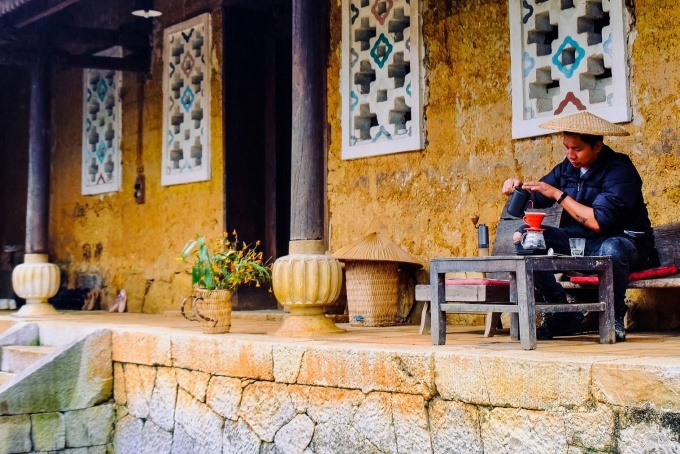
Tourists on a trip to Ha Giang in 2020. Photo: NVCC
The Geopark has about 40 locations that are capable of collecting fees, but currently charges fees at three locations. Associate Professor Dr. Pham Hong Long, Head of the Faculty of Tourism Studies at the University of Social Sciences and Humanities, said the meager revenue from the three locations in the Geopark is actually only enough to maintain and preserve that location. Other locations also need resources to do a good job of conservation. According to Mr. Long, the state budget cannot be considered a "mother's milk" for the conservation and development of the Geopark.
Having traveled to many heritage destinations around the world, Mr. Long found that most of them require tourists to pay a tourist fee and can be collected in different forms, in order to use "heritage economy" resources to reinvest and preserve the destination.
According to Mr. Long, those who have traveled a lot or visited many heritage sites are aware of the need to join hands to preserve them, instead of depending on local and state resources. Some others may not be fully aware of this, so they should be encouraged and educated by local authorities and relevant ministries and agencies.
Having visited many heritage sites around the world, blogger Vinh Gau said that some places often require a small payment on hotel rooms as a kind of tourist tax. Some other places like Nusa Penida (Bali, Indonesia) have ticket sales areas and visitors must buy tickets as soon as the ship docks. Therefore, if Ha Giang decides to charge a fee to enter the Geopark, he fully supports it but emphasizes that "he does not want this money to be used to build concrete blocks and check-in points". This blogger hopes that the money he spends can support community development and improve people's lives.
Associate Professor Dr. Long called for "not thinking that heritage protection is the responsibility of one person alone". Even if they only come to see the heritage, tourists still impact the destination through littering, consuming electricity and water, using services that cause degradation of resources and technical facilities of the destination, as well as causing other impacts on security, social order and safety.
Agreeing, Mr. Tran Tan Van, senior expert of the UNESCO Global Geoparks Network, emphasized that there cannot be a mindset that "nature does not need to pay". The only issue that needs attention is transparency in revenue and expenditure, ensuring that the money is used for the development and conservation of the Geopark.
At the same time, Mr. Van also added that it is "not advisable" to let UNESCO experts make recommendations many times. The recommendations are made in a four-year cycle, not mandatory but "should be understood as mandatory". That is, if left too long without implementation, experts may give a bad assessment. When too many problems accumulate, they will issue a "yellow card" warning penalty. If there is still no change, a "red card" will be issued, which means the UNESCO title will be stripped.
After many surveys of Ha Giang, Mr. Van found that the Geopark area still has many shortcomings. Some places lack toilets, clean water systems, and the signage system is degraded. Therefore, the Geopark needs to have a source of revenue soon to improve this problem. This UNESCO expert commented that the proposal to collect fees for the Geopark is "too slow, it should have been done a long time ago".
According to the reporter's records, many famous tourist spots in the CVĐC area are unsanitary and littered. The entrance to Du Gia Geopark and Tham Ma slope are not cleaned regularly. Garbage from locals and tourists is thrown everywhere, causing unsightliness. Some surrounding households also collect bottles and trash for reuse or sale, but the workforce is generally quite limited, not enough to clean up completely.
A leader of Ha Giang province confirmed that many tourist attractions in the Geopark are "deteriorating very quickly". Since becoming part of the UNESCO global geopark network, Ha Giang has made great efforts to build infrastructure to serve tourists. Many places have become places where every tourist stops, such as the Tham Ma slope stop, to see the whole view of Lung Ho, the Sky Path walking route, Ma Pi Leng, Quan Ba slide, Phap Duong Thuong station, Cao station, and Dragon Cave.
"The province does not have enough money to operate, repair, and provide basic services such as sanitation and regular security at many tourist sites," said the leader. He also said that the Geopark is also known as the "thirsty plateau" due to the frequent lack of water. Building a sanitation system can cost 3-4 times more than in the lowlands. More importantly, there needs to be money to "feed" the cleaning team to clean every day.
Mr. Martini said that due to the large size of the Geopark with 17 ethnic groups living there, the area has high cultural diversity and also faces many threats in the context of rapid tourism development, illegal construction destroys the landscape.
The Geopark area needs to develop a sustainable economy for the people through promoting local products and improving service quality. Providing a sustainable economy for the community of 17 ethnic groups will help raise awareness for the young generation here to preserve cultural identity as well as the Geopark.
"The fee is necessary and the fee is actually very small, only about 30,000 VND per person," said Mr. Martini.
He hopes that when the fee is applied, the leaders of Ha Giang province and the Geopark will have enough conditions to preserve and conserve the area and pass on this spirit to the next generation.
According to Mr. Martini, foreign tourists will not object to this fee if the money is used for the right purpose. He hopes that Vietnamese tourists can also accept paying a small fee to help preserve and develop "this wonderful and unique heritage site".
Once they have contributed, visitors have the right to ask the leaders of Ha Giang province or the Geopark to commit to protecting the natural area of the Geopark. This is also a way to contribute to protecting the diverse cultural identity of the ethnic groups living in the area.
Tu Nguyen
Source link






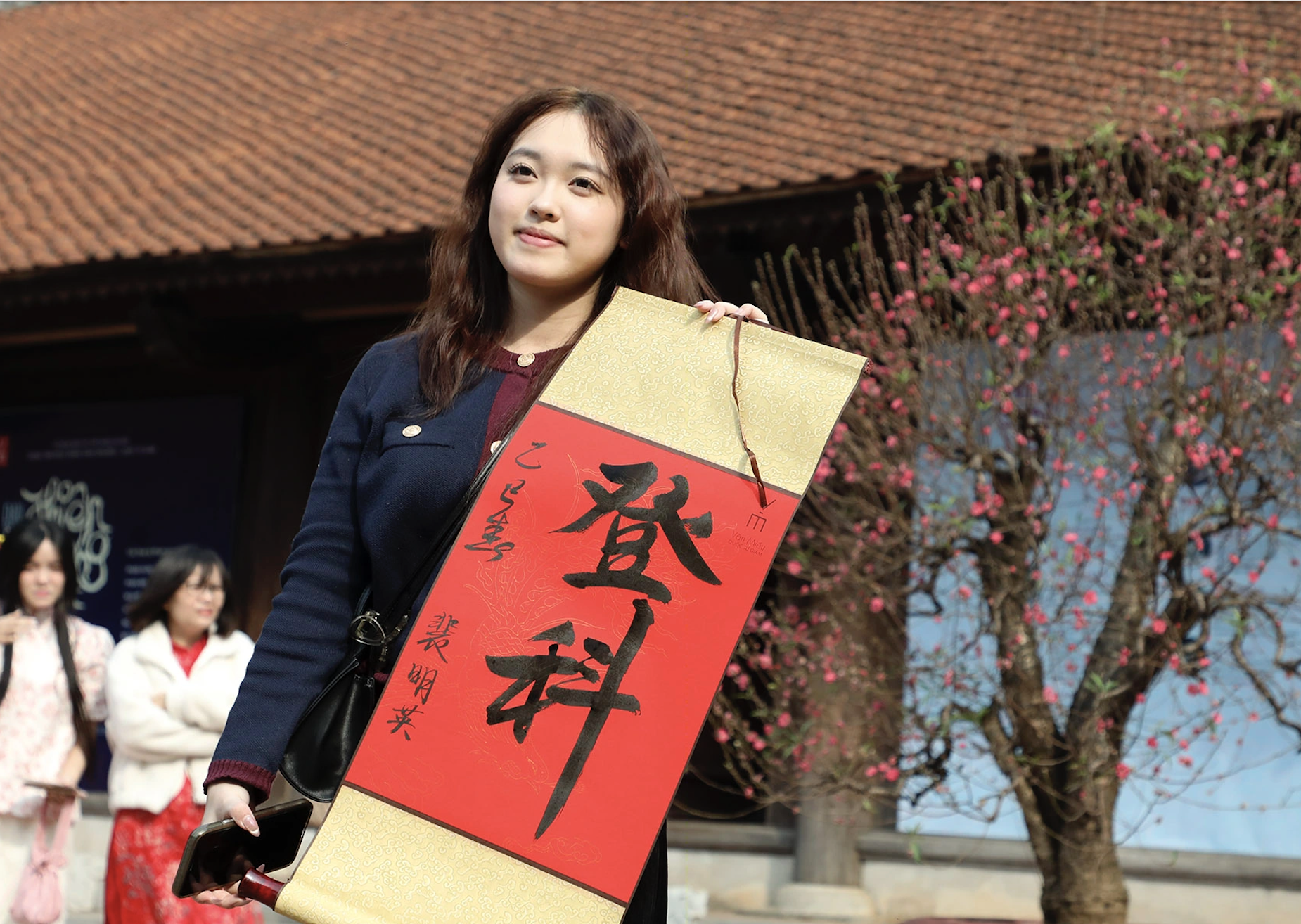















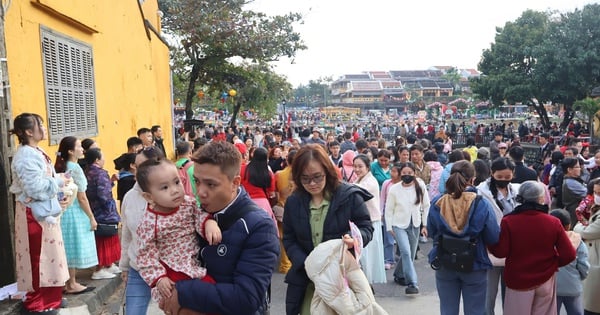

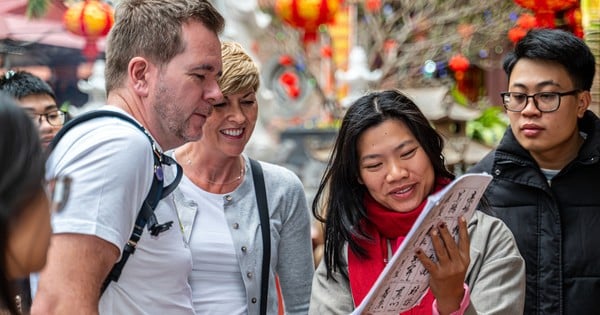




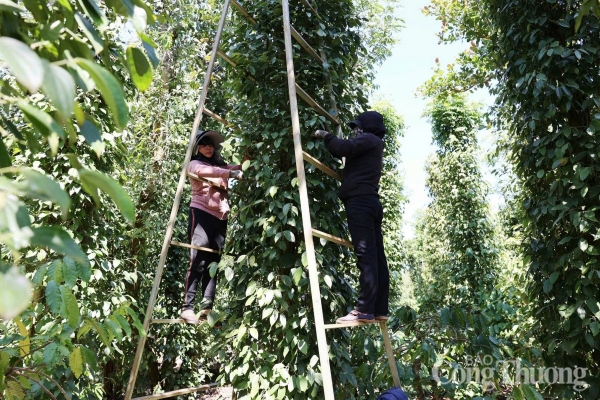

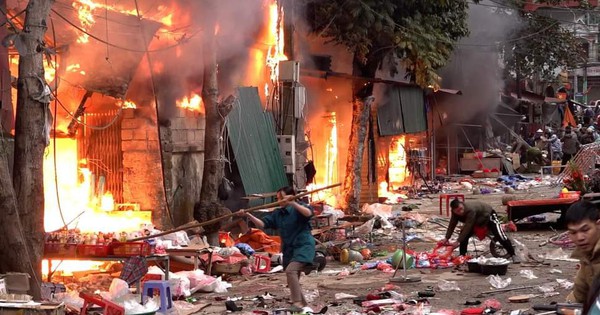

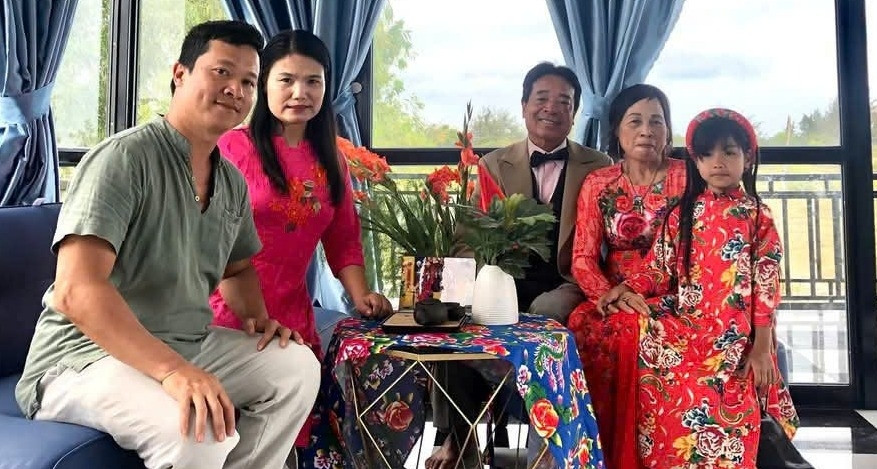
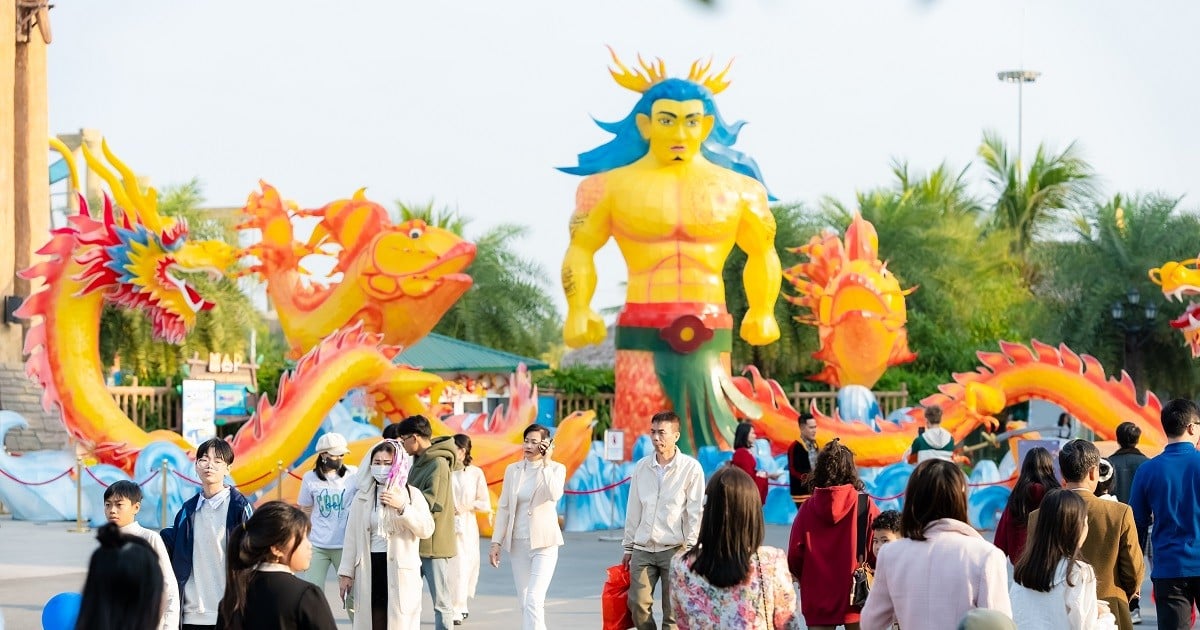

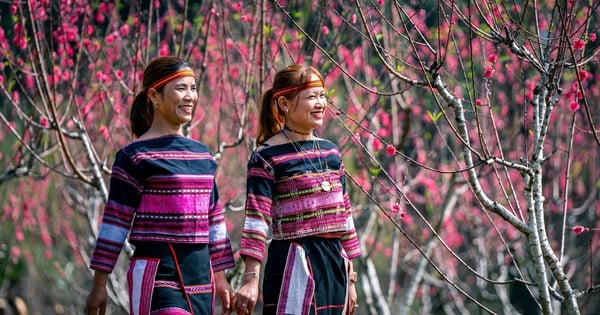
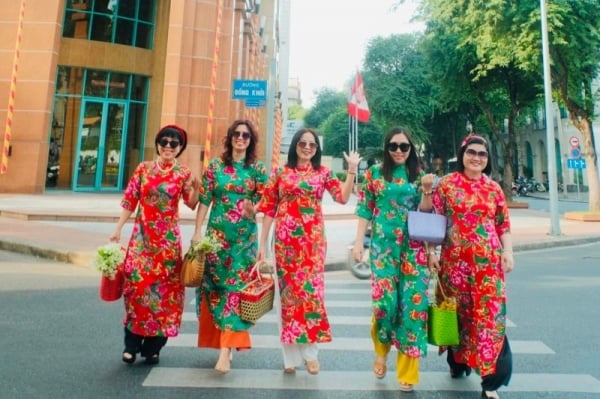

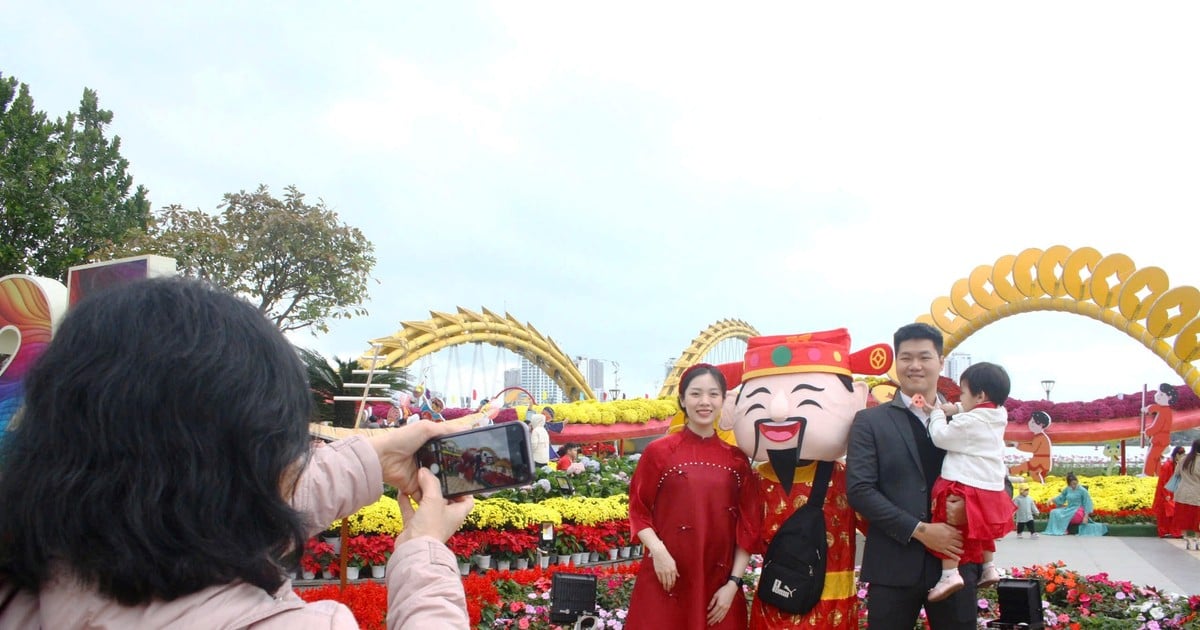
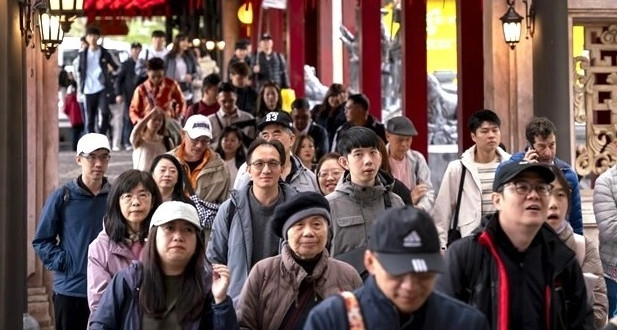







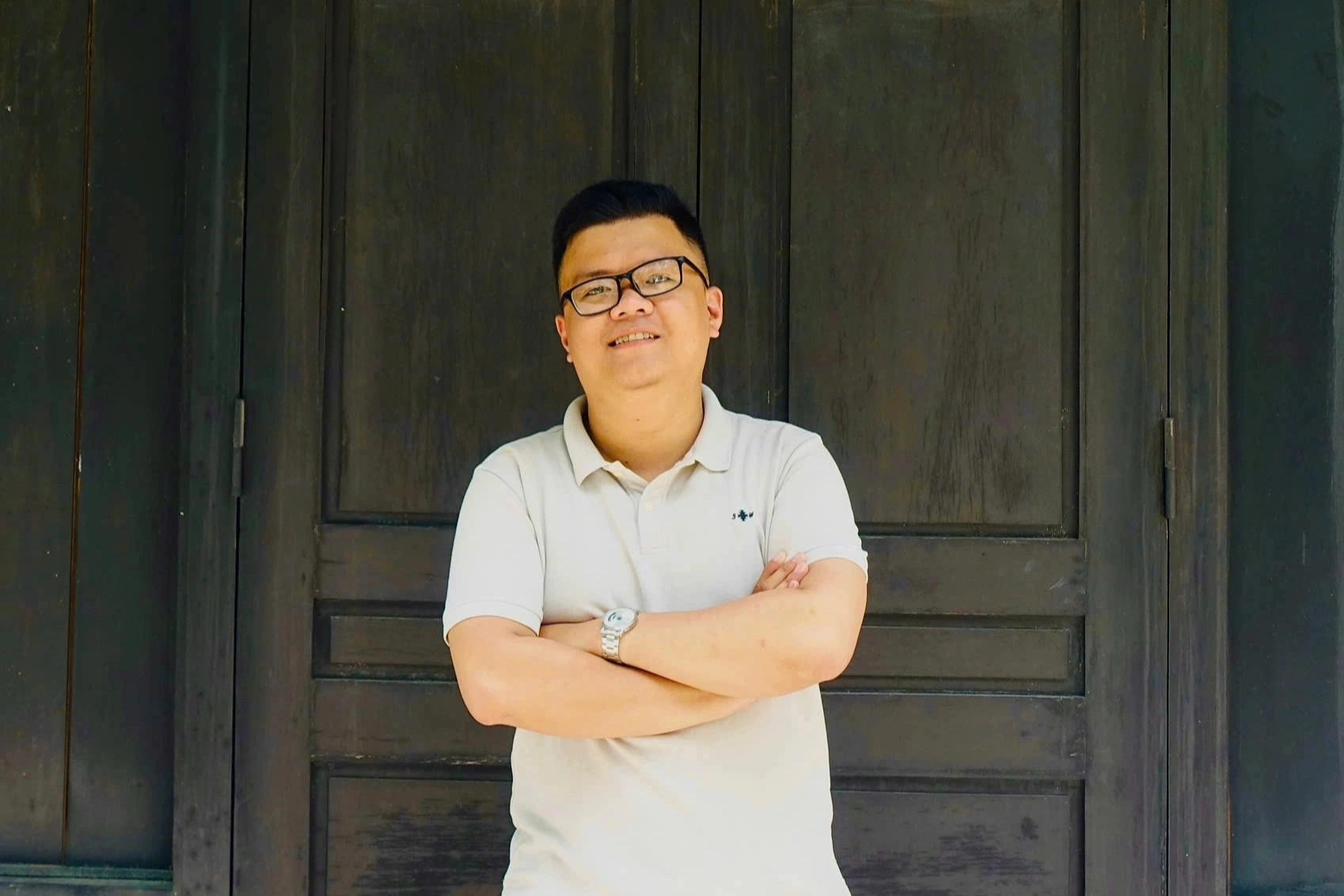

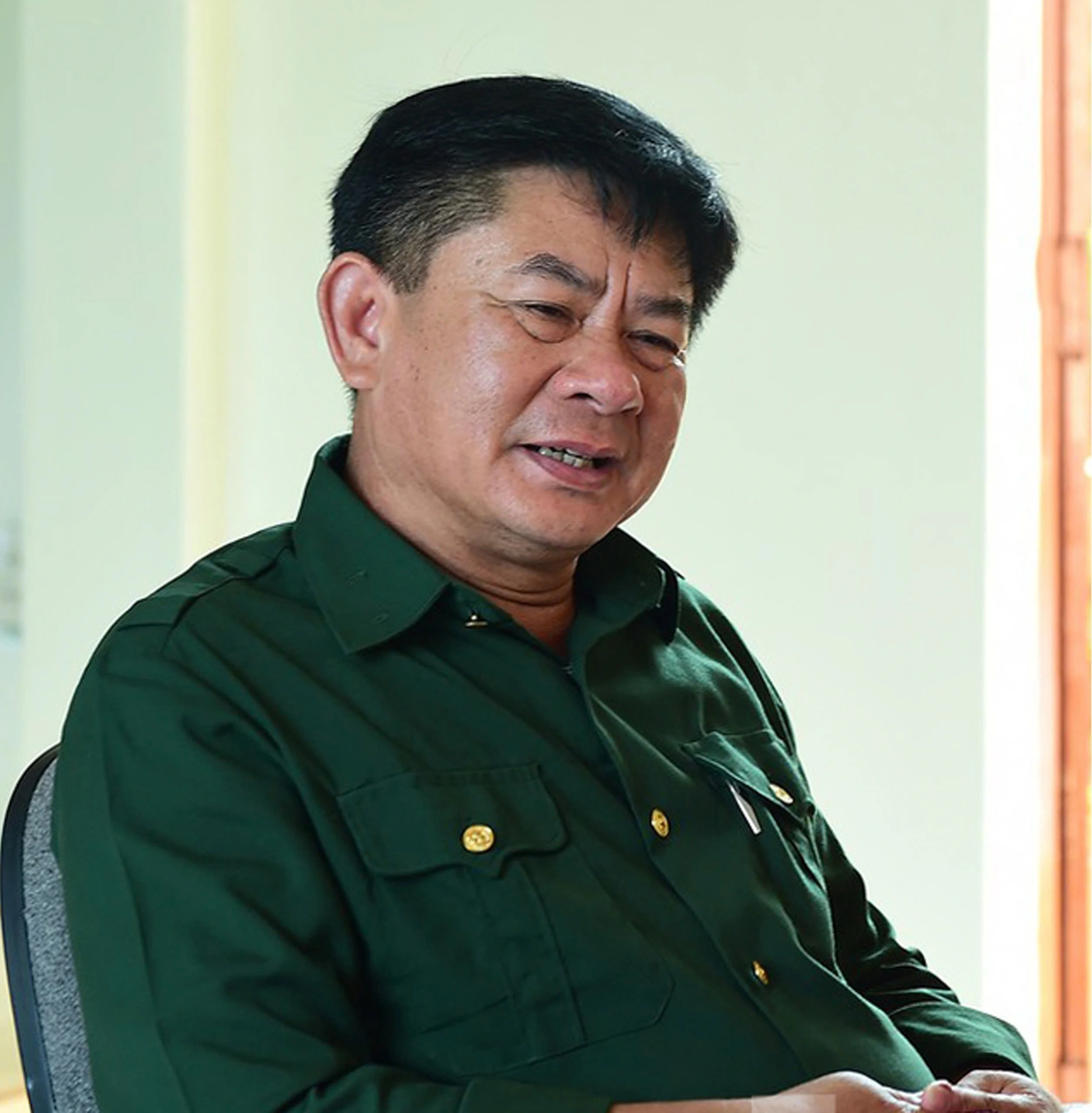

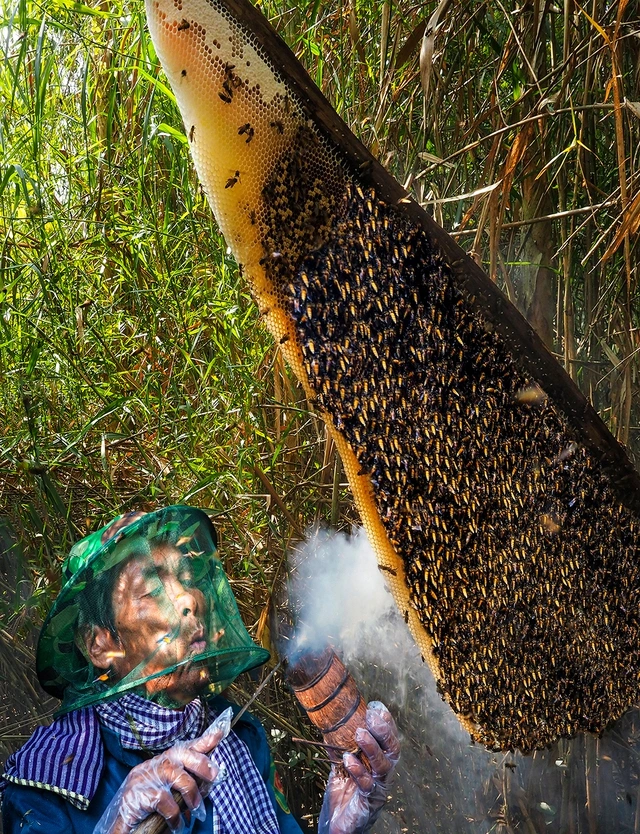

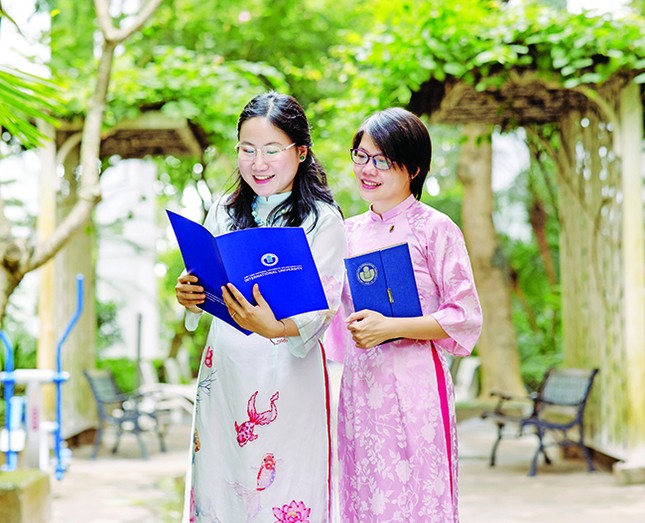





Comment (0)